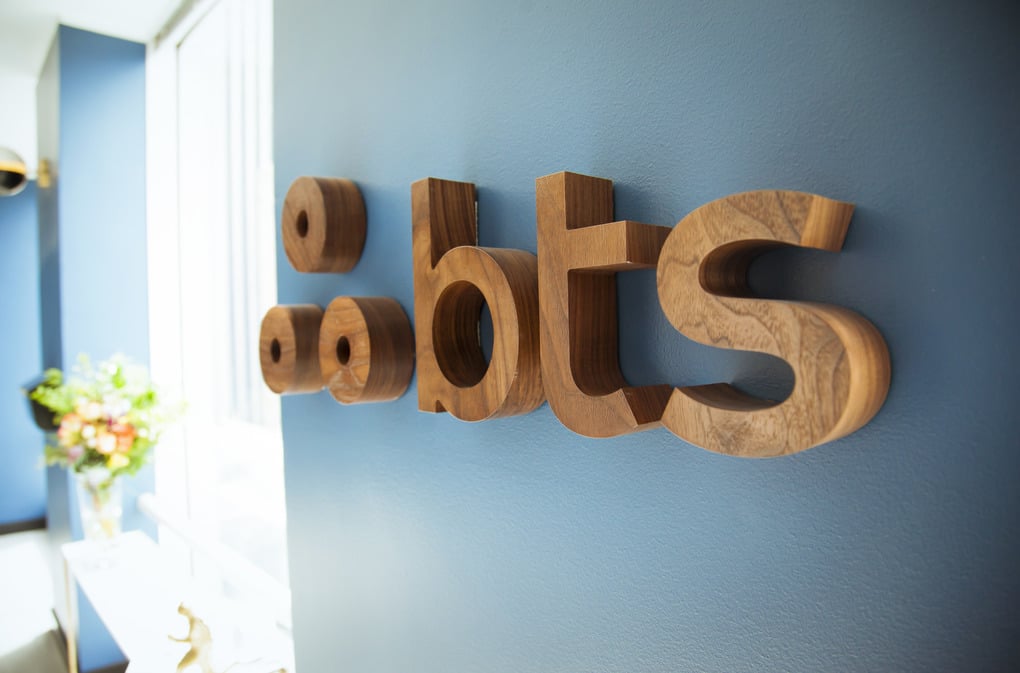It’s practically a tradition — leaders begin observations of their junior team members with, “When I was that age…” — stating, with some frustration, how different their youngest team members are from their own or previous generations. The latest “problem child”? Gen Z.
Born between 1997 and 2012, Gen Zers are different from previous generations. Unafraid to speak up or break long-established taboos, a Gen Z team member might leave the office at 17.00 (five o’clock) sharp because they have football practice, even if there is more work to do. They might also question the company’s stance on a controversial social issue.
More broadly, headlines such as “Generation Disconnected: Data on Gen Z in the Workplace” [1] and “Gen Z: The Workers Who Want It All” [2] portray these young employees as entitled and uncommitted to their jobs. A problem to be, if not solved, at least managed.
But there’s another way to look at it. Every generation is different, their mindsets, habits, and perspectives shaped by a unique set of events. Instead of seeing these differences as a problem, organizations need to leverage each new generation’s unique perspective as a strategic advantage. In the case of Gen Z, it starts with understanding who these employees are and what they value, and then tapping into their native genius.
The “dialoguers”
Opinions come naturally to Gen Z employees, and most are not shy about expressing them. In fact, Gen Zers expect to have a voice. Keeping informed of what’s happening in the company and beyond is important to them. Also, more diverse than prior generations in the workforce, Gen Zers tend to reject labels, whether related to gender, sexuality, race, or culture. They are comfortable representing more than one identity.
- What to do: Create spaces for conversations about lived experiences. This can look like reverse mentoring, empathy workshops, panel discussions featuring Gen Z team members, and shadow boarding.
Prioritize mental health
In 2022, a McKinsey survey [3] of American 18-to-24-year-olds found 55 percent had received a diagnosis or treatment for a mental illness, and research from Deloitte [4] showed 46 percent of Gen Z employees said they were stressed all of most of the time. It may not be surprising, then, that a survey of UK Gen Z employees revealed 62 percent had taken a “mental health sick day.” [5] The same survey found only 24 percent of those who took a mental health day were honest about it, fearing retribution.
- What to do: Show your Gen Z employees that you care about their mental health. Make available company-sponsored counselling services and educational resources. Also, train managers to be empathic and build trust with their team members so that Gen Z employees feel they can ask for help.
Provide opportunities for growth
Many Gen Zers entered the workforce during the Great Resignation triggered by COVID-19. Today, Gen Z still has high rates of turnover, with 58 percent considering changing jobs in the year ahead. [6] While this is alarming for employers, research also shows 30 percent of Gen Z workers are looking for opportunities to advance within their current company. [7] Also, 76 percent of Gen Zers cited the desire to learn, practice new skills, or gain new expertise as motivation for seeking another job. [8]
- What to do: Invest in your people. Create learning and development opportunities for your youngest employees and give them a clear path for advancement. Think of all that Gen Z ambition as fuel to propel your company to the next level. Don’t blame young employees for wanting to leave; give them a reason to stay.
Leverage purpose as a motivator
Progressive and socially active, Gen Z workers expect their employers to be good corporate citizens. Research by New (Network of Executive Women) [9] showed that 77 percent of Gen Z respondents say the values of the organization they work for must match their values. As a diverse group themselves, Gen Zers prioritize diversity and inclusion. They are also deeply concerned about climate change.
- What to do: Put diversity, inclusion, and equity at the core of your company’s culture, not on the periphery as an initiative or one-time workshop. Similarly, embed sustainability throughout your organization’s processes. Finally, provide forums for employees of all generations to talk about their values and how the organization can align with them.
Gen Z has been called “the generation that wants it all”, for them financial security is important but not enough. As they ask for more from the employers, organizations are expected to change or be left behind. This new generation is changing how we work and how we think about work.
Navigating generational differences between employees will always be a challenge for organizations. But your organization’s success depends on it – attracting, retaining, and nurturing top talent requires addressing these challenges, not just within the Gen Z population, but among employees of all generations. Doing so requires a mindset shift from “us versus them” to “we all bring something to the table.” This will enable your organization to adapt to every new generation and ultimately win the talent war, ensuring your organization’s longevity.
References
[1] https://www.gallup.com/workplace/404693/generation-disconnected-data-gen-workplace.aspx
[2] https://www.bbc.com/worklife/article/20220613-gen-z-the-workers-who-want-it-all
[3] https://www.mckinsey.com/featured-insights/sustainable-inclusive-growth/future-of-america/how-does-gen-z-see-its-place-in-the-working-world-with-trepidation
[4] https://www.deloitte.com/content/dam/assets-shared/legacy/docs/about/2022/deloitte-2022-genz-millennial-survey.pdf
[5] https://www.milkround.com/recruiter-advice/mental-health-sick-days-report-by-milkround
[6] https://www.microsoft.com/en-us/worklab/work-trend-index/great-expectations-making-hybrid-work-work
[7] https://www.linkedin.com/pulse/gen-z-boldest-generation-its-job-hunt-priorities-off-charts-anders/?trackingId=pwWrCQQ1SiG9Yds3hH8gUg%3D%3D
[8] https://www.linkedin.com/pulse/gen-z-boldest-generation-its-job-hunt-priorities-off-charts-anders/?trackingId=pwWrCQQ1SiG9Yds3hH8gUg%3D%3D
[9] https://www2.deloitte.com/content/dam/Deloitte/us/Documents/consumer-business/welcome-to-gen-z.pdf

